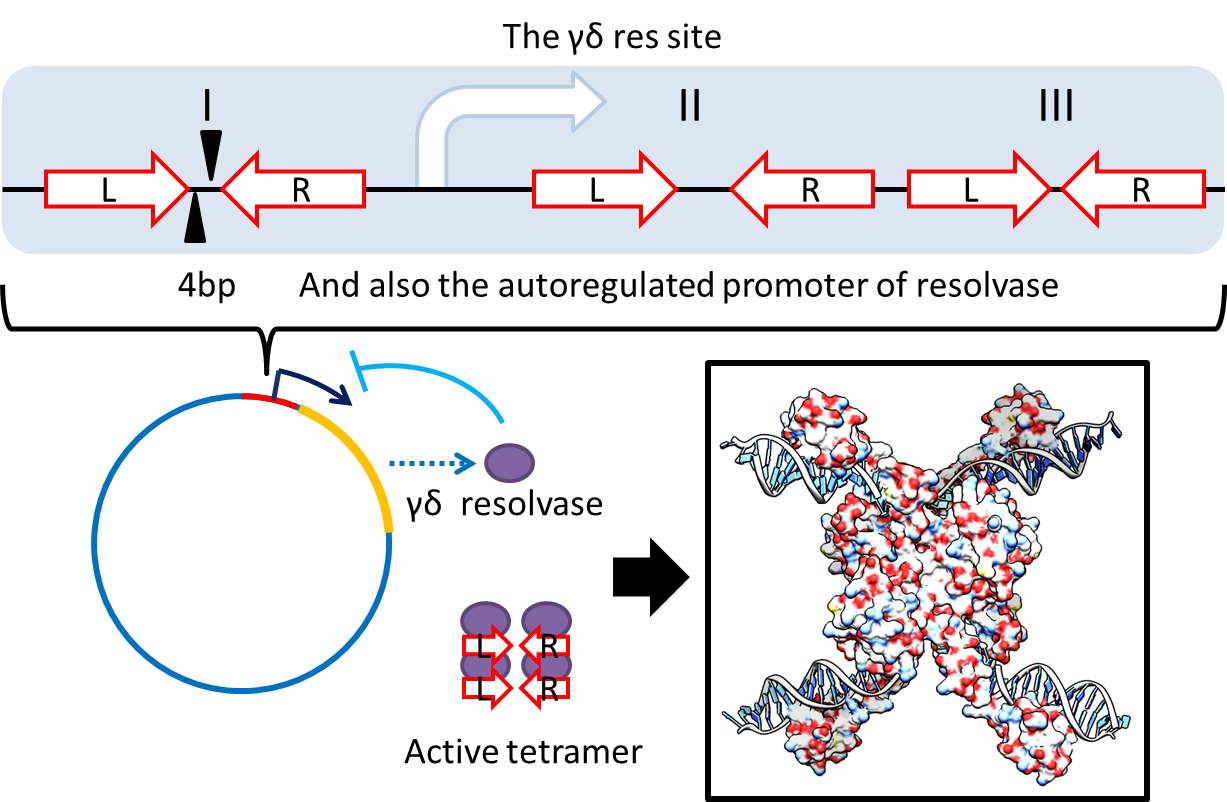Team:NTU-Taida/PEPDEX
From 2012.igem.org
(Difference between revisions)
m |
|||
| Line 1: | Line 1: | ||
{{:Team:NTU-Taida/Templates/Header}}{{:Team:NTU-Taida/Templates/Navbar}}{{:Team:NTU-Taida/Templates/ProjectSidebar}}{{:Team:NTU-Taida/Templates/ContentStart}} | {{:Team:NTU-Taida/Templates/Header}}{{:Team:NTU-Taida/Templates/Navbar}}{{:Team:NTU-Taida/Templates/ProjectSidebar}}{{:Team:NTU-Taida/Templates/ContentStart}} | ||
| - | {{:Team:NTU-Taida/Templates/BSHero|Title=Project|Content=<p>Testing Hero</p>} | + | {{:Team:NTU-Taida/Templates/BSHero|Title=Project|Content=<p>Testing Hero</p>}} |
=Circuit= | =Circuit= | ||
The main circuit is designed to detect the presence of fatty acid in the intestinal environment and produce the peptide drug (GLP-1 in this case) and cell penetrating peptide (CPP) as response. There are two core systems: double repressors and quorum sensing. | The main circuit is designed to detect the presence of fatty acid in the intestinal environment and produce the peptide drug (GLP-1 in this case) and cell penetrating peptide (CPP) as response. There are two core systems: double repressors and quorum sensing. | ||
Revision as of 03:19, 25 September 2012
Project
Testing Hero
Circuit
The main circuit is designed to detect the presence of fatty acid in the intestinal environment and produce the peptide drug (GLP-1 in this case) and cell penetrating peptide (CPP) as response. There are two core systems: double repressors and quorum sensing.
 "
"


